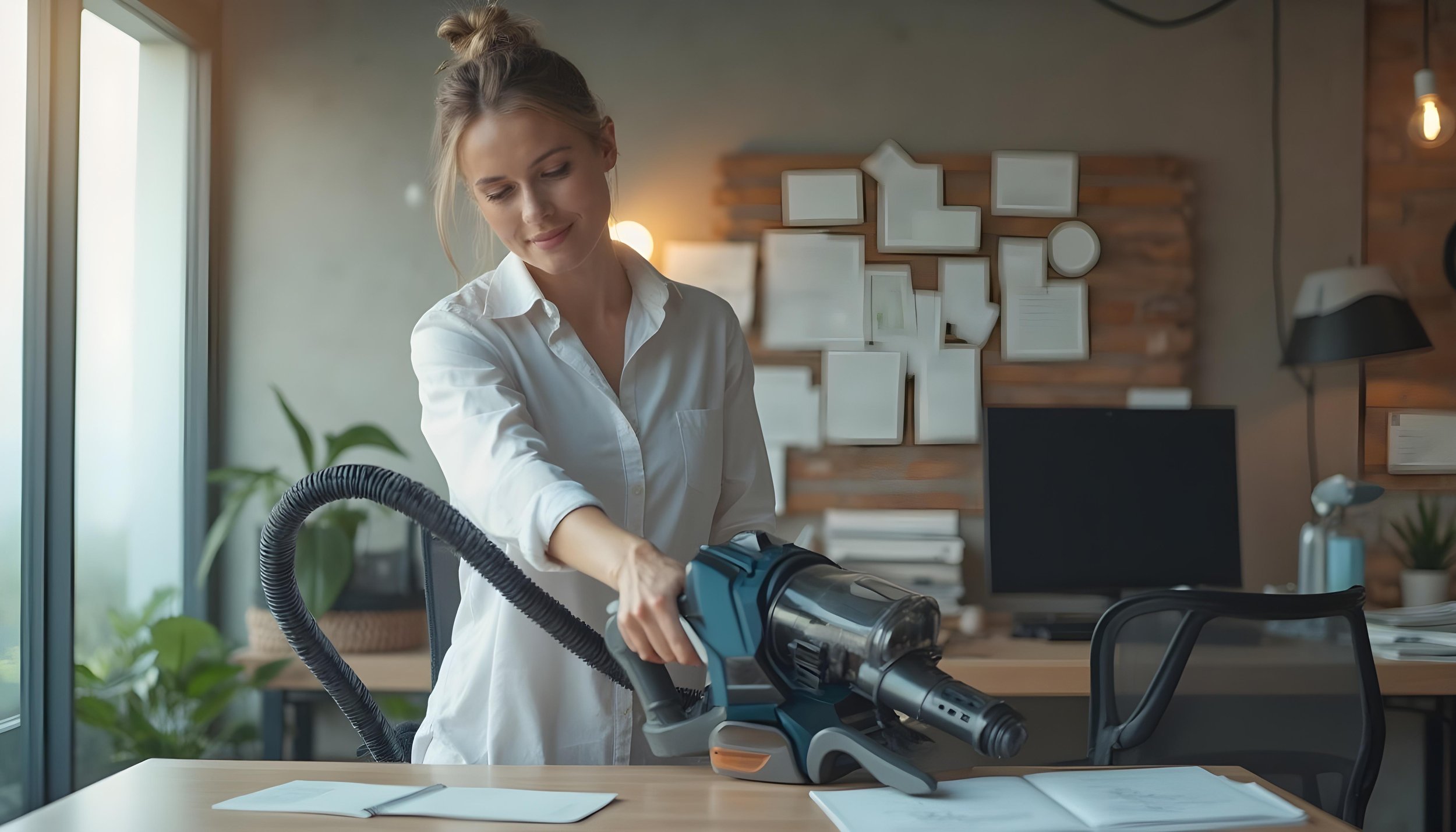Can I Write Off a Vacuum for My Business?
When running a business, managing expenses is crucial for maintaining profitability. One common question that arises is whether certain purchases, like a vacuum cleaner, can be written off as a business expense. This inquiry is particularly relevant for businesses in the cleaning industry, such as Austin Cleaning Services, where equipment costs can significantly impact the bottom line. In this blog post, we will explore the criteria for writing off a vacuum cleaner and provide insights into how this practice can benefit your business financially.
Understanding Business Expenses
To determine if you can write off a vacuum cleaner, it's essential to understand what qualifies as a business expense. The IRS defines a business expense as any cost that is both ordinary and necessary for your business operations. An ordinary expense is one that is common and accepted in your trade or business, while a necessary expense is one that is helpful and appropriate for your business. For cleaning businesses, purchasing a vacuum cleaner typically meets these criteria. If the vacuum is used primarily for business purposes—such as cleaning client locations or maintaining your office space—it can often be classified as a deductible expense.
Types of Deductions
There are generally two ways to deduct the cost of equipment like vacuums:
Section 179 Deduction: This allows businesses to deduct the full purchase price of qualifying equipment purchased or financed during the tax year. For 2024, the limit for Section 179 deductions is $1,160,000, with a phase-out threshold of $2,890,000. If your vacuum cleaner's cost falls within this limit and is used more than 50% for business purposes, you may be eligible to write off the entire amount in the year of purchase.
Depreciation: If you opt not to use Section 179 or if your equipment exceeds the deduction limit, you can depreciate the vacuum over its useful life. Typically, cleaning equipment has a useful life of five years. This means you would deduct a portion of the cost each year on your tax return.
Record-Keeping Requirements
To successfully write off your vacuum cleaner, proper documentation is vital. Here are some key records you should maintain:
Receipts: Keep all receipts related to the purchase of the vacuum.
Usage Logs: Document how often and for what purposes the vacuum is used in your business.
Business vs. Personal Use: If the vacuum is used for both personal and business purposes, you must determine what percentage of its use is dedicated to business activities.
Common Misconceptions
Many small business owners mistakenly believe that only large capital expenditures can be written off. However, even smaller purchases like vacuums can qualify if they are necessary for running your operations effectively. Additionally, some may think that equipment purchased for home offices cannot be deducted; however, if it meets the criteria of being ordinary and necessary for your business, it can still qualify.
Benefits of Writing Off Equipment
Writing off equipment like vacuums provides several advantages:
Tax Savings: Reducing taxable income through deductions lowers your overall tax liability.
Cash Flow Management: By understanding what expenses can be deducted, you can better manage cash flow and allocate funds more effectively.
Investment in Quality Equipment: Knowing that you can write off these expenses encourages businesses to invest in higher-quality cleaning equipment that may enhance service quality.
Consulting with Professionals
While understanding these deductions is beneficial, consulting with a tax professional or accountant who specializes in small businesses can provide tailored advice specific to your situation. They can help ensure compliance with IRS regulations and maximize your deductions.
Conclusion
In summary, writing off a vacuum cleaner for your business is not only possible but also beneficial if done correctly. By understanding what qualifies as a deductible expense and maintaining proper records, professional cleaning businesses can effectively reduce their tax burden while ensuring they have the necessary tools to operate efficiently. Whether through Section 179 or depreciation methods, it’s crucial to leverage these opportunities wisely. In today's competitive landscape, every dollar counts; therefore, being informed about tax deductions related to equipment purchases is essential for any business owner looking to optimize their financial strategy.
As businesses continue to prioritize cleanliness and hygiene—especially in environments requiring professional services, making informed decisions about expenses will contribute significantly to long-term success. Ultimately, whether you're involved in cleaning in Miami or any other location, understanding these financial tools will help streamline operations and enhance profitability while maintaining high standards of cleanliness
